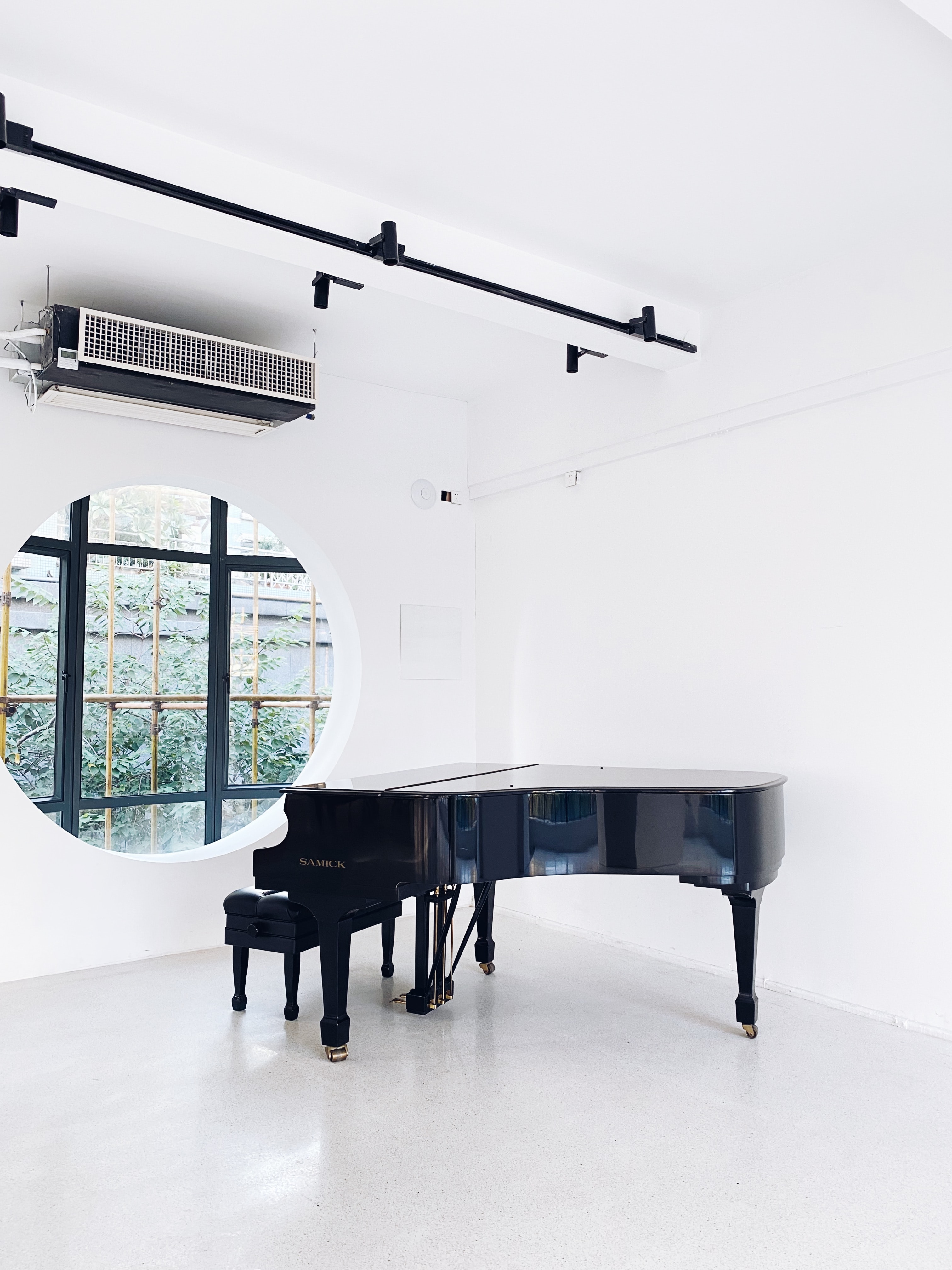Regulation
Regulation is the fine adjustment to the mechanical parts of the piano; including the action, the pedal trapwork, and damper systems.
With over 9000 parts that make up the action, accurate regulation conditions provide an environment for smooth, consistent, and dynamic playing across the keyboard.
David Brisson, RPT, has over a decade of experience regulating all types of pianos: new and used grands and verticals, rebuilt actions, and concert and performance grands. He has completed factory training through Yamaha’s Little Red Schoolhouse, as well as receiving other in-person technical training from Samick and Kawai representatives.
All pianos need periodic regulation service. A quote for any recommended regulation services will be provided at the time of a tuning service or repair estimate appointment.

Frequently Asked Questions
Aside from service recommendations from an experienced technician, you can ask these questions:
- Do the keys play and feel consistent and even across the keyboard, not excessively heavy or sluggish, or too loose or light?
- Is my piano dynamically responsive during loud and soft playing?
- Do the keys repeat quickly during demanding passages of music?
- Do the dampers lift evenly when the sustain pedal is depressed?
If yes, then the piano is likely meeting your playing needs and may only need small or minor adjustments. If no, it is probably time for a full regulation.
A well regulated action should repeat quickly and feel very responsive and uniform to the pianists’ touch. The dampers should quickly and quietly stop the string from vibrating, and rise evenly when lifted with the sustain pedal. The pedals should be relatively quiet and smooth, function as intended, and feel responsive without too much play or travel. Accurate regulation also provides optimal conditions for properly voicing the tone of the piano.
Action regulation:
- For average home use, action regulation should be considered at a minimum of every 10-15 years, or less.
- New pianos, or pianos with recently rebuilt actions, will need partial to full regulation within the first year or two, after the new parts have settled and compressed.
- Depending on the amount of use and purpose, performance, teaching, and heavily used practice pianos may require more frequent action regulation, as often as annually to every few years.
Pedals:
- The pedals are regulated at every tuning service.
Dampers:
- For average home use, action regulation should be considered at a minimum of every 10-15 years, or less.
- New pianos, or pianos with recently rebuilt actions, will need partial to full regulation within the first year or two, after the new parts have settled and compressed.
- The damper system regulation may last a long time, and should not be needed until the dampers need replacing or the system needs rebuilding.